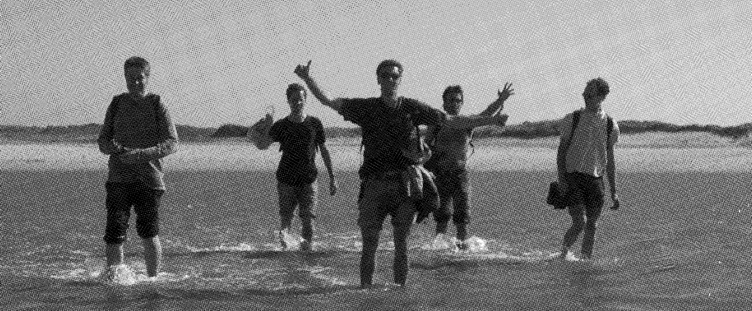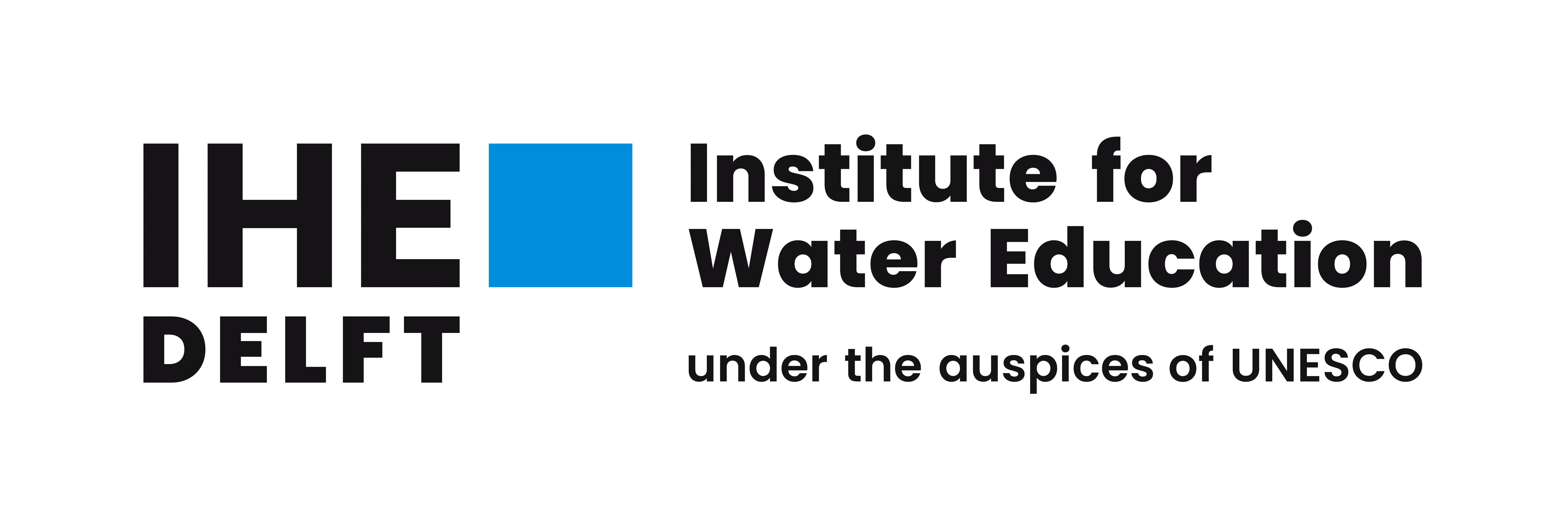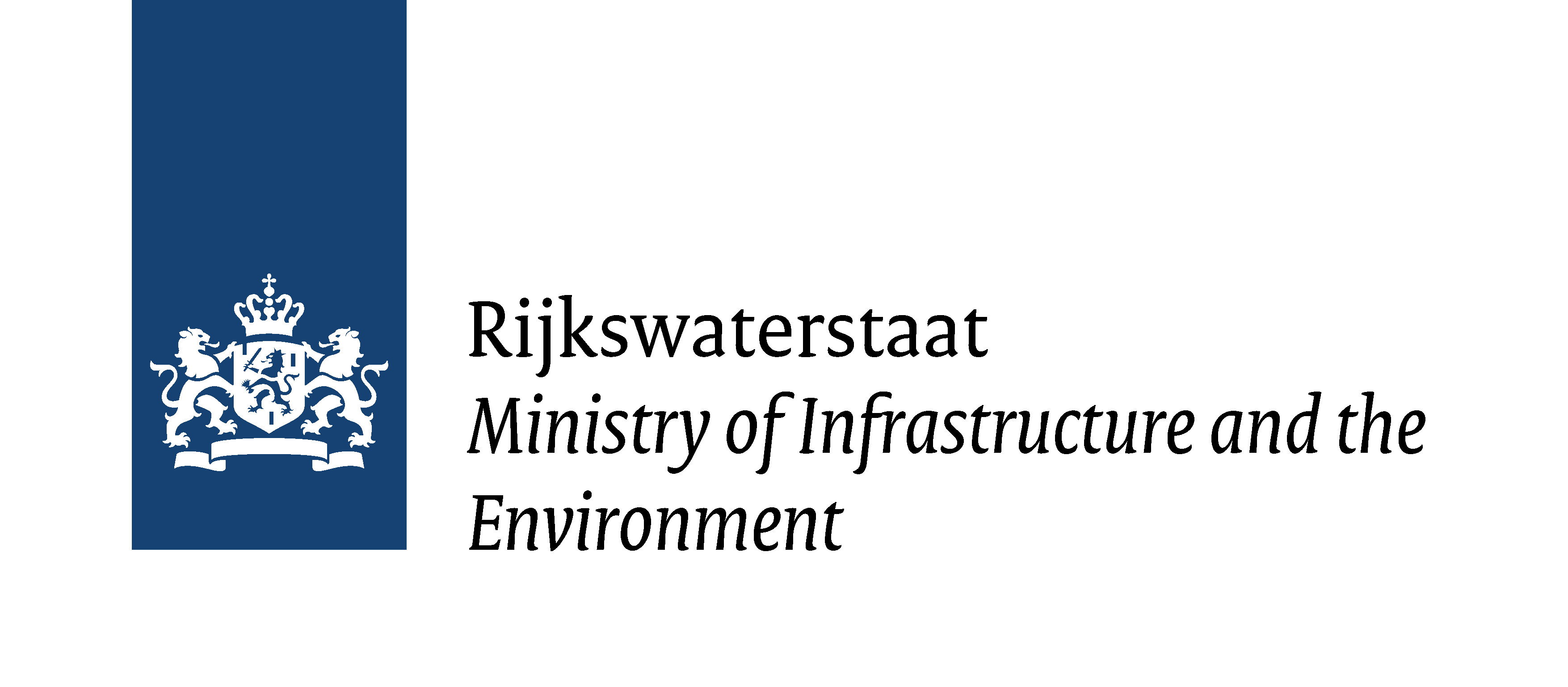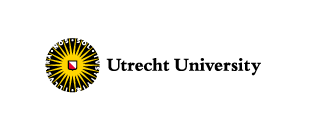
Our network stimulates the cooperation and exchange of knowledge between coastal researchers from various research themes and institutes, making us all better.
The Netherlands Centre for Coastal Research is a cooperative network of private, governmental and independent research institutes and universities, all working in the field of coastal research. The NCK links the strongest expertise of its partners, forming a true centre of excellence in coastal research in The Netherlands.
Objectives
The NCK was established with the objectives:
- To increase the quality and continuity of the coastal research in the Netherlands. The NCK stimulates the cooperation between various research themes and institutes. This cooperation leads to the exchange of expertise, methods and theories between the participating institutes.
- To maintain fundamental coastal research in The Netherlands at a sufficient high level and enhance the exchange of this fundamental knowledge to the applied research community.
- To reinforce coastal research and education capacities at Dutch universities;
- To strengthen the position of Dutch coastal research in a United Europe and beyond.
For more than 30 years, the NCK collaboration continues to stimulate the interaction between coastal research groups, which in the past had often worked more isolated. It facilitates a strong embedding of coastal research in the academic programmes and courses, attracting young and enthusiastic scientists to the field of coastal dynamics. Several times a year, the NCK organises workshops and/or seminars, aimed at promoting cooperation and mutual exchange of knowledge. NCK is open to researchers from abroad and exchanges of young researchers are encouraged. Among the active participants we often find people from a lot of different institutes and companies.
Research themes
The NCK covers the following research themes:
- Seabed and Shelf
- Beach Barrier Coasts
- Tidal Inlets and Estuaries
- Sand and Mud
- Hydrodynamics
- Bio-geomorphology
- Coastal Zone Management
Organisation
Partners
The Netherlands Centre for Coastal Research is a cooperation between the following partners:
 |
 |
 |
 |
 |
 |
 |
 |
 |
Every partner has a representative in the Programme Committee and the Directory Board.
Programme Committee and Programme Secretary
The NCK Programme Committee establishes the framework for the activities to be organised by NCK. These include for instance the theme for the annual coastal symposium ("The NCK Days") and the topics for the seminars ("Theme days"). The Programme Committee gathers twice a year. Since 1998 a part-time Programme Secretary has been appointed. The Programme Secretary is also the main contact person for the NCK.
As of September, 2024, the NCK Programme Committee consists of:
- T. Gerkema PhD. (Royal Netherlands Institute for Sea Research, NIOZ, Chairman)
- N.P. Vermeer MSc. (Programme Secretary NCK, c/o Deltares)
- L. Brakenhoff PhD. (Rijkswaterstaat)
- B. Huisman PhD. (Deltares)
- D.S. van Maren PhD. (Deltares)
- P.C. Roos PhD. (University of Twente)
- M. van der Wegen PhD. (IHE Delft)
- M.J. Baptist PhD. (Wageningen Marine Research)
- M. Tissier PhD. (Delft University of Technology)
- S. van Heteren PhD. (TNO Geological Survey of the Netherlands)
- V.C. Reijers PhD. (Utrecht University - IMAU)
Directory Board
The NCK Programme Committee and the Programme Secretary are supervised by the NCK Directory Board. As of March 2024, the Directory Board consists of:
- D.J.R. Walstra PhD. (Deltares, Chairman)
- N.P. Vermeer MSc. (Programme Secretary NCK, c/o Deltares)
- M.E. Busnach-Blankers MSc. (Rijkswaterstaat)
- B.C. van Prooijen PhD. (Delft University of Technology)
- prof. B.G. Ruessink PhD. (Utrecht University - IMAU)
- prof. K.M. Wijnberg PhD. (University of Twente)
- prof. H. Dolman PhD. (Royal Netherlands Institute of Sea Research NIOZ)
- prof. D. Roelvink PhD. (IHE Delft)
- T. Bult PhD. (Wageningen Marine Research)
- D. Maljers MSc. (TNO Geological Survey of the Netherlands)
Young NCK
Young NCK (YNCK) was created in 2023 with the aim to strengthen the NCK for young/early career professionals within the field of coastal studies in the Netherlands. As of March 2025, the YNCK board consists of:
- J. Beemster MSc. (Wageningen University & Research, Chairman)
- L. Portos-Amill MSc. (University of Twente, Secretary)
- T. de Wilde MSc. (Deltares, Treasurer)
- W.J. Gerats MSc. (Utrecht University)
- M. Klein Obbink MSc. (Rijkswaterstaat)
- K. Nawarat MSc. (IHE Delft)
- F.F. van Rees MSc. (Royal Netherlands Institute of Sea Research NIOZ)
- V. Uribe Jaramillo MSc. (Delft University of Technology)
Historical context
Coastal research in The Netherlands has a long history. For many centuries, experience gained from the country's successes and failures in the struggle against the sea has been the major source of innovative knowledge. A more formal and systematic approach has developed over the last hundred years:
1920
An important step in the development of formalized knowledge was taken in the 1920s by the Nobel-prize laureate Hendrik Lorentz, who designed a computational scheme for assessing the tidal effects of the closure of the Zuyderzee. At the same time, with the founding of Delft Hydraulics, physical scale models became the favourite instrument for designing coastal engineering works. They remained so for a long time.
1953
The storm surge disaster of 1953 provided a strong incentive for coastal research in support of the Delta Project, which entailed a drastic shortening of the Dutch coastline. The Delta Project profoundly affected the morphodynamics of the Rhine-Meuse-Scheldt delta; large parts of the system were transformed into what one might call a life-size hydraulic laboratory.
1965
In the 1960s, a monitoring programme (JARKUS) was established to assess the evolution of the nearshore zone along the entire Dutch coast on a yearly basis. The resulting data base revealed not only short-term fluctuations of the shoreline, but also large-scale structural trends. The JARKUS data set represents a key source of coastal information, particularly in combination with historical observations of Dutch coastline evolution that date back to 1840-1850. With no equivalent data set available worldwide, the unique JARKUS data base has inspired a wealth of coastal research programmes throughout the years.
1985
The growing need for integrated coastal management led by the end of the 1980s to the development of a national coastal defence policy of 'Dynamic Preservation' (1990). This involved sustainable maintenance of the coast through 'soft' interventions (often nourishment of the beach and shoreface with sand taken from offshore) allowing for natural fluctuations. The basic principles were derived from a major research project for the systematic study of persistent trends in the evolution of the coastal system. This Coastal Genesis project - carried out by a multidisciplinary team of coastal engineers, physical and historical geographers and geologists - laid the ground for NCK.
1991 and onwards
The successful multidisciplinary collaboration initiated during the Coastal Genesis project was institutionalized by means of the founding of the Netherlands Centre for Coastal Research (NCK) in 1991. The NCK was initiated by the coastal research groups of Delft University of Technology, Utrecht University, WL | Delft Hydraulics and Rijkswaterstaat RIKZ. Early 1996, the University of Twente and the Geological Survey of The Netherlands (now the Netherlands Institute of Applied Geoscience TNO: TNO-NITG) joined NCK, followed by the Netherlands Institue for Sea Research (NIOZ, 1999), the Netherlands Institute for Ecology - Centre for Estuarine and Marine Ecology (NIOO-CEME, 2001), UNESCO-IHE Institute for Water Education (2004) and Wageningen IMARES (2008). In 2016, TNO - Geological Survey of the Netherlands became NCK's 9th partner. In 2023 Young NCK (YNCK) was created with the aim to strenghten the NCK for young/early career professionals within the field of coastal studies in the Netherlands.










